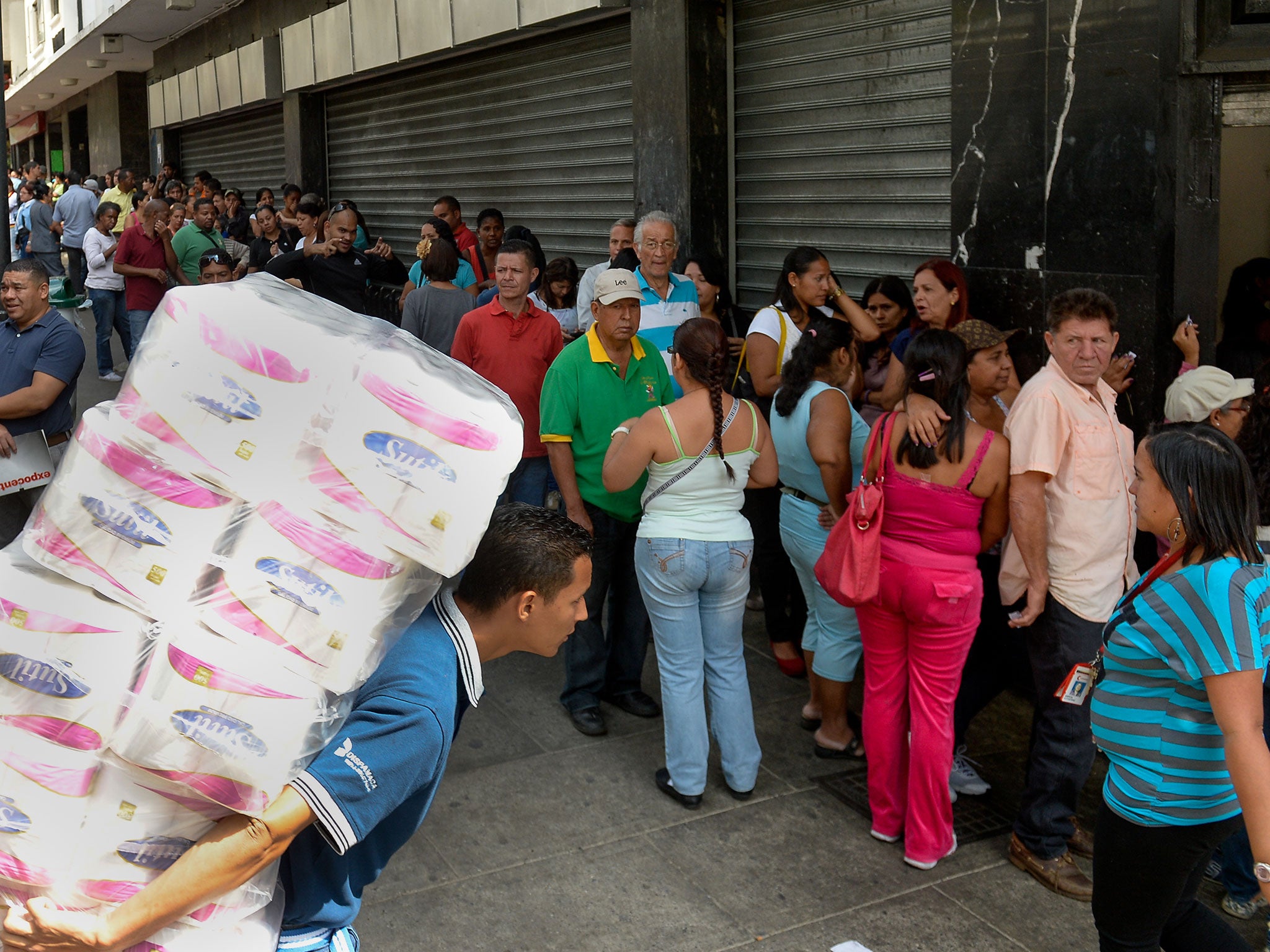Venezuelans get Fridays off for two months in emergency plan 'to save energy'
President Nicolas Maduro has a new strategy to fight a major energy crisis for Venezuela: longer weekends for all workers.

Venezuelan workers will get Fridays off in the months of April and May, in a bid to save energy in the black-out hit country, the president said.
President Nicolas Maduro said Venezuelans will have “long weekends” in an appearance on state television on Wednesday night, announcing the measure as part of a 60-day plan to fight a power crunch.
“This plan for 60 days, for two months, will allow the country to get through the most difficult period with the most risk. I call on families, on the youth, to join this plan with discipline, with conscience and extreme collaboration to confront this extreme situation,” Maduro said.
The government’s plan will be effective from this Friday and last until June 6, according to Agence France Presse.
Some Venezuelans took it to social media to express their surprise.
Many others wondered how the measure would impact schools, bureaucratic procedures and supermarkets.
It was not immediately clear how the non-working Fridays would affect the public and private sector.
The 10 most prosperous countries in the world
Show all 10The announcement comes after the President shut down the country for a week over the Easter period as an energy crisis gripped the country.
The traditional two-day Easter holiday was extended by three days, effectively closing the country, which is also in the throes of an economic crisis, for a full working week.
The majority of electricity in the country is supplied by hydropower, from infrastructure such as the 10.2-gigawatt Guri Dam in the eastern Bolivar state.
However, due to a drought, the water reserves which are needed to power hydroelectricity are extremely low.
Subscribe to Independent Premium to bookmark this article
Want to bookmark your favourite articles and stories to read or reference later? Start your Independent Premium subscription today.

Join our commenting forum
Join thought-provoking conversations, follow other Independent readers and see their replies